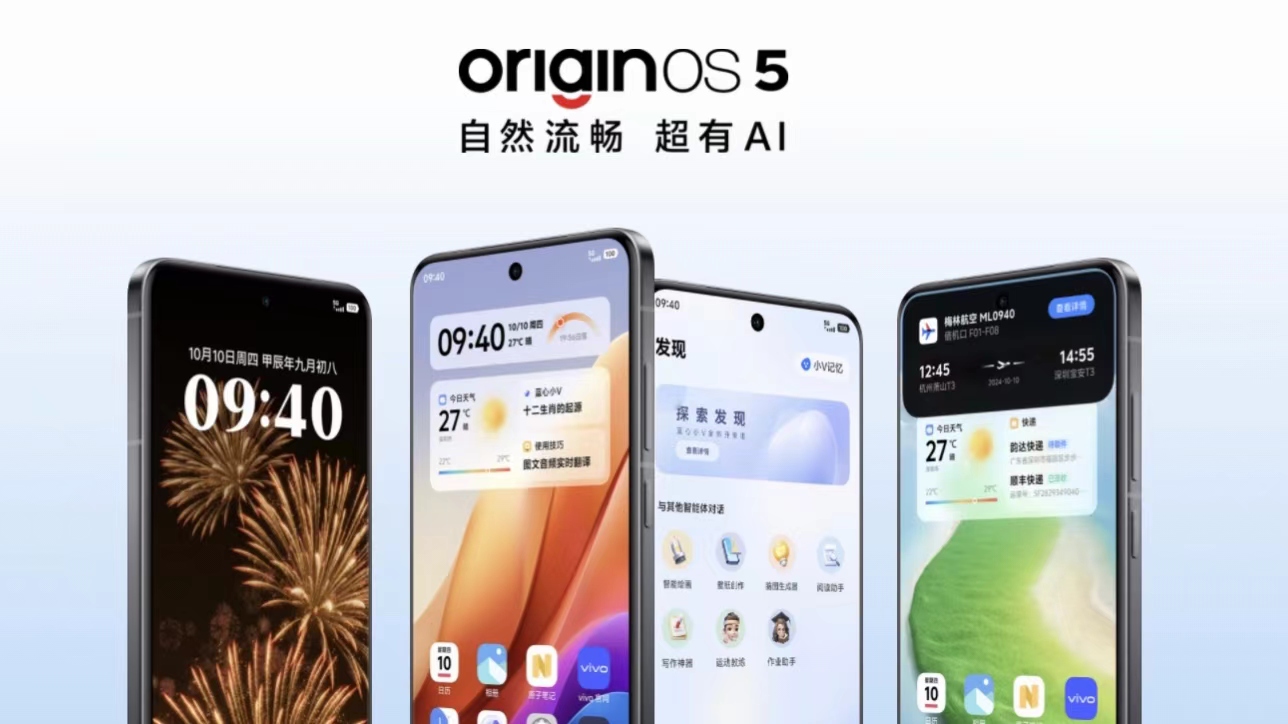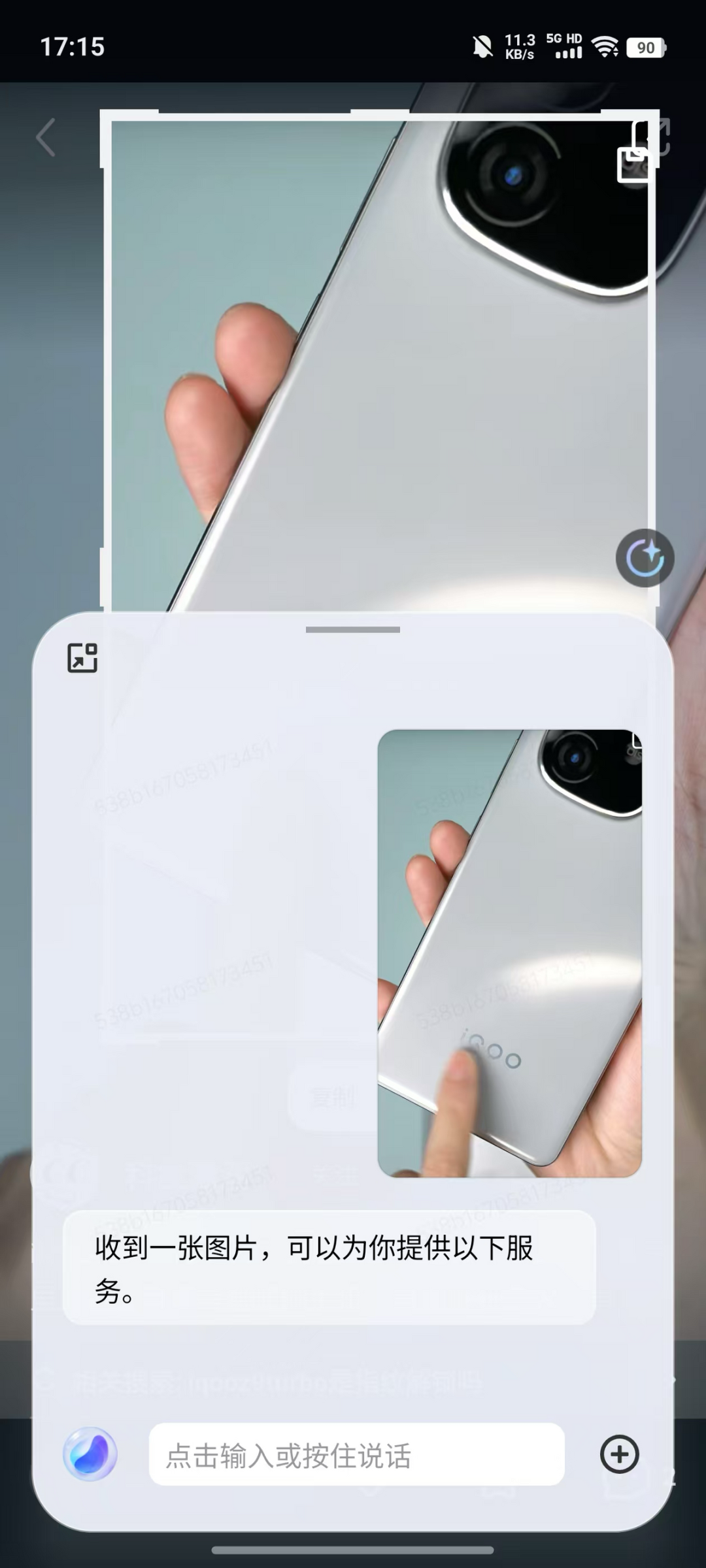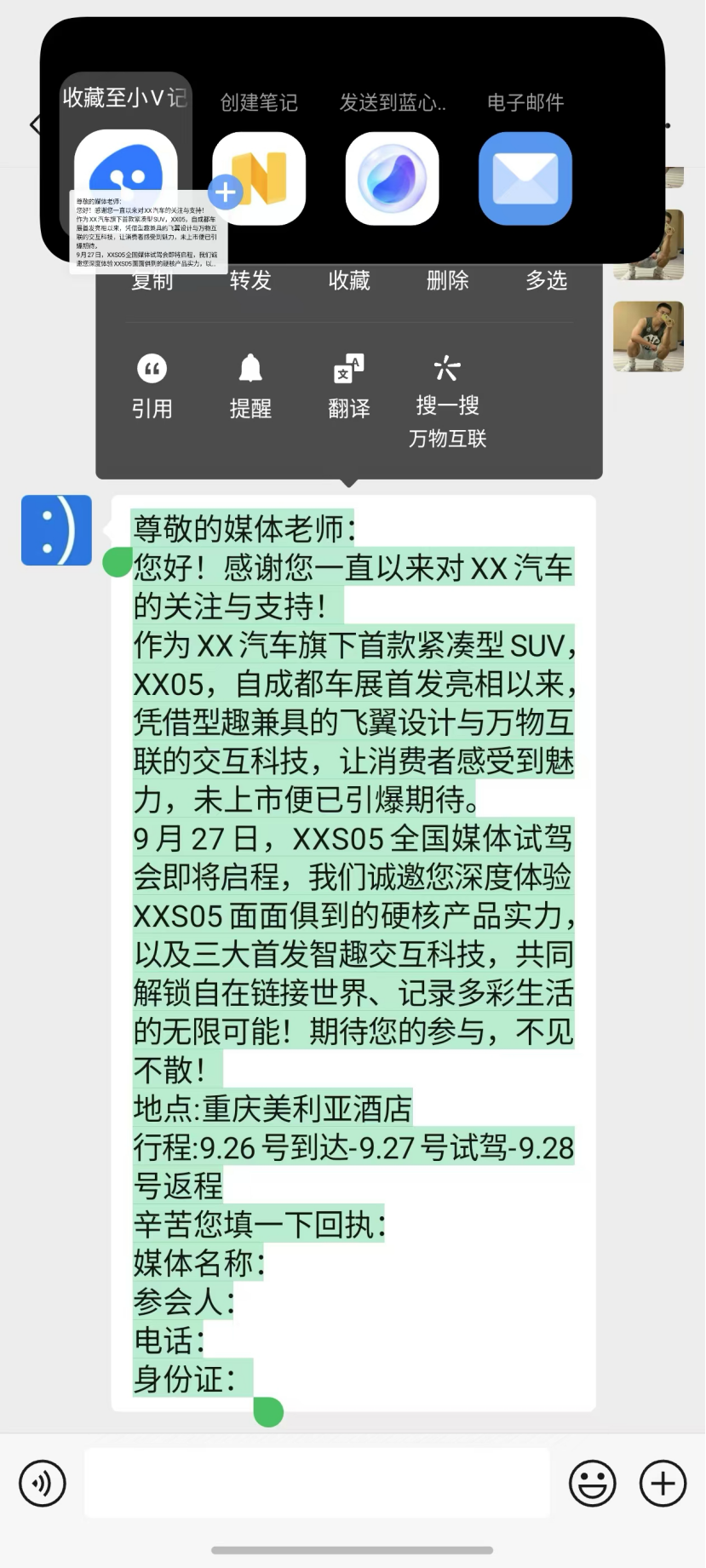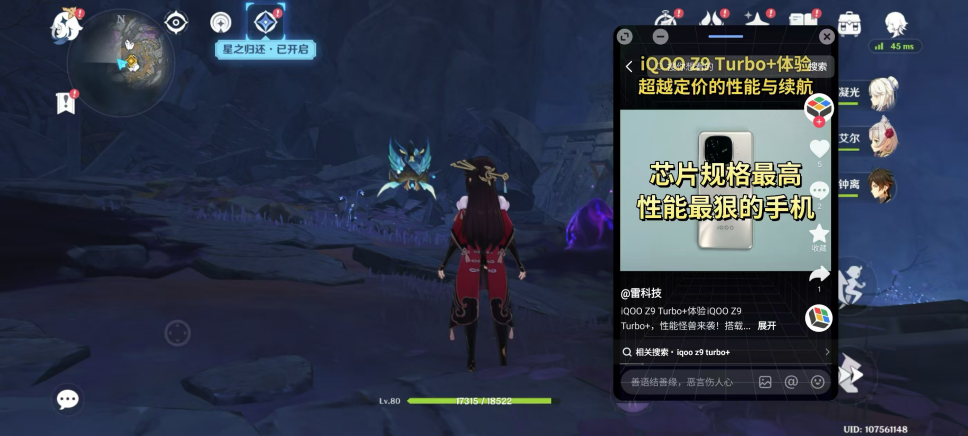The new battle for AI in mobile phones: those who win AI OS win the world
![]() 10/10 2024
10/10 2024
![]() 606
606
AI OS is the cornerstone of the AI hardware industry and the new X-factor in the mobile phone industry.
Recently, Barclays analysts Tim Long and George Wang surveyed the supply chain and found that due to lower-than-expected demand, Apple may cut production of the iPhone 16 series in the fourth quarter. Parts procurement data indicates that the iPhone 16 series has seen a cut of approximately 3 million units. The main reason for the cut in iPhone 16 orders is the "lack of attractive new features and AI application ecosystem," according to supply chain sources, who stated that smartphones need to be redesigned to fit AI applications.
It's not just Apple that urgently needs to transform iOS with AI. The entire mobile phone industry realizes that AI can reshape human-computer interaction at the operating system level, cultivate AI scenarios, support AI applications, and enhance the basic experience. Transforming OS to adapt to the AI era has become a top priority. Regardless of how mobile phone manufacturers view AI, OS has become a must-answer question for every manufacturer exploring AI, such as Apple's vigorous promotion of iOS 18; or vivo's recently launched OriginOS 5, which also comes loaded with a vast array of native-level AI features, making it a true AI OS.
In implementing AI OS, different players have taken different paths: some manufacturers have partnered with large model vendors like OpenAI, emphasizing AIGC creation capabilities; others have collaborated with local players like Baidu to enhance AI search/AI assistant applications; still, others have developed various special features focused on specific scenarios such as calling and imaging.
vivo, which recently launched OriginOS 5, has taken a more thorough, in-depth, and comprehensive approach to AI OS. As the first brand to introduce a large model in the mobile phone industry, vivo embraced AI with OriginOS 4 last year, and the latest OriginOS 5 goes even further, completely rebuilt based on AI, applying AI comprehensively across dimensions such as system interaction, vertical scenarios, basic experience, design aesthetics, and humanistic care, making it a true AI OS. So, how good is OriginOS 5 to use? What new experiences or values does AI-reconstructed OS bring to users? After an in-depth experience with vivo OriginOS 5 during the National Day holiday, I have my answers.

vivo OriginOS 5 is the standard answer for AI OS
In terms of overall visual appearance, OriginOS 5 follows the consistent design style of OriginOS. What most directly conveys the strong presence of AI is interaction. Interaction, academically defined as the mutual process between humans and machines, can be simply understood as input and output: users operate the phone, and the phone displays results. Traditional smartphone interaction revolves around "touch," while AI OS interaction should be more natural, comfortable, and simple. Has vivo OriginOS 5 achieved this?
1. Blue Heart Xiao V + Atomic Island = AI interaction entry, reconstructing the human-computer interaction paradigm.
Last year, vivo introduced the industry's first Blue Heart large model at its Developer Conference, based on which it brought a new intelligent assistant, Blue Heart Xiao V, to OriginOS 4, which performed exceptionally well in dialogue, content generation, and task processing. OriginOS 5 further integrates "Jovi Voice" with "Blue Heart Xiao V," ushering in a refreshed upgrade for Blue Heart Xiao V.

When using a vivo phone, no matter what page I'm on, I can long-press the navigation bar or power button to summon Blue Heart Xiao V. Apart from dialoguing with it to complete various tasks, Xiao V Circle Search can also directly recognize selected text, images, or objects in the current page.

For instance, if I want to know an actor's identity while binge-watching a drama, Xiao V Circle Search will perform a screenshot search. Another example is selecting a corresponding phone image while reading a tech review article on leitech.com, and Blue Heart Xiao V will provide corresponding product specifications, prices, and other information. Driven by a large model's machine vision and real-world cognitive abilities, Blue Heart Xiao V truly understands the content itself.

Another impressive AI interaction innovation is Atomic Island. When using a vivo phone, simply dragging any content to Atomic Island allows AI to recognize text, images, and other information, then intelligently decide what to do next. For example, if I receive a text invitation for an event with details on activity, location, and date via WeChat, dragging this content to Atomic Island prompts AI to assess and schedule it accordingly. Even if I drag an image invitation to Atomic Island, AI performs similar operations.

Atomic Island is not just a function but a system-level AI interaction hub. After preliminary recognition and processing of user content, it distributes information to third-party apps based on APIs and permission management, allowing the corresponding apps to perform further professional operations. For instance, if I share an address to Atomic Island, it suggests opening navigation, ride-hailing, or delivery apps based on the recognized information and forwards it to the corresponding app for downstream task processing.

Through Blue Heart Xiao V and Atomic Island, vivo effectively answers a crucial question: where are the interaction entry points for AI OS?
In traditional mobile OS, the home screen, the negative one screen, the control center, the notification center, and others each have their specific roles, carrying different interaction entry points such as apps, messages, notifications, settings, etc. Users often need to think and learn to use them proficiently. If one needs to use apps like search, navigation, or ride-hailing, they need to separately consider and open different apps, transferring information between them through copy and paste, which can be cumbersome.
In OriginOS 5, users only need to tell Blue Heart Xiao V their needs. A powerful intelligent assistant can accurately understand human instructions, while a more advanced one can anticipate and cater to user needs, such as predicting demands when users transfer original content to Atomic Island. Blue Heart Xiao V intelligent assistant + Atomic Island interaction hub together constitute the interaction entry points for AI OS, representing a new interactive experience in the AI era.
2. Vertical AI scenarios, including efficiency, meetings, creation, and life, are addressed in one step.
Regarding the core functions carried by OS, OriginOS 5 has created many distinctive AI features around high-frequency scenarios, providing an exceptionally user-friendly experience.
When attending press conferences, I often jot down what I hear and immediately share it on information streams like Weibo. Due to the need for speed, I often only record key information, leading to a raw and occasionally incomplete layout. OriginOS 5's Atomic Notes - Xiao V Writing can help me accomplish many tasks, such as intelligently optimizing the structure and readability of my selected notes. I can even ask Xiao V Writing to continue, refine, or correct the content or transform it into different styles based on the tone of platforms like Xiaohongshu, Weibo, or Moments, allowing me to directly add images and distribute the copy to multiple platforms simultaneously.

For another high-frequency need like making reservations, vivo has also introduced an AI exploration feature: Reservation Assistant. Simply telling the Reservation Assistant via text or voice, "I want to eat Sichuan cuisine at noon tomorrow at 12 pm, for three people," it will automatically search for restaurants, communicate with vendors, and complete the reservation. I'll then receive a reservation confirmation card containing navigation address and vendor information.
Apart from finding the right restaurant, the most time-consuming and mentally challenging part of making reservations is calling vendors and communicating about availability. Leveraging the cognitive and decision-making capabilities of the AI large model, the Reservation Assistant can identify requirements like time, cuisine, and number of people, search for restaurants based on location, recognize phone information on the corresponding page, make calls, and communicate needs with servers using AI voice to reserve a table.
While there have been many visions of a "smart secretary," no intelligent assistant has yet to achieve restaurant reservations – the limit of traditional voice assistants is merely calling someone in your contact list while driving. The Reservation Assistant accomplishes a far more complex task, genuinely saving users time, effort, and worry. This feature will be open for user experience after debugging and improvement.
For scenarios like efficiency, meetings, phone calls, and creation, OriginOS 5 also offers advanced intelligent entities such as "Xiao V Memory - Favorites," "Xiao V Reminder," "Xiao V Phone Assistant," and "Intelligent Painting," allowing me to easily record inspirations, organize materials, and create content anytime, anywhere.

After experiencing vivo OriginOS 5's AI features for various vertical scenarios, I feel that its overall approach is to delve deeply and meticulously, crafting exclusive intelligent applications for high-frequency scenarios and processing them end-to-end with AI large model technology. Unlike traditional intelligent assistants that often only assist users in one aspect, most of vivo OriginOS 5's AI features can fully satisfy users in one step, demonstrating a high level of "anthropomorphism" and a significant upgrade in experience.
3. AI-driven OS underlying optimization for smooth and long-lasting performance without lag.
Android has always been criticized for its lack of smoothness compared to iOS and the tendency to become sluggish over time. When experiencing OriginOS 5, I found it smoother than OriginOS 4 and on par with iOS.
For instance, when using rich media apps like Douyin and Xiaohongshu, app launch and page switching response speeds are fast, with immediate and smooth operations even during frequent switching, thanks to OriginOS 5's "Virtual Graphics Card 2.0" technology.

For frequently used apps like WeChat, even with 3,000 unread messages, loading speeds are 20% faster than the industry average. After continuously using Douyin for an hour, memory usage decreases by 15%, and operations remain smooth, attributed to OriginOS 5's unique "Ledger Storage Ledger" technology for unified memory resource scheduling.

OriginOS 5 also upgrades the "Unfair Scheduling 3.0" technology based on AI, precisely scheduling and dynamically allocating computational resource requirements for each frame during high-performance games like Genshin Impact or Honkai Star Rail. AI prioritizes GPU resources for the current foreground task.

From system smoothness, graphics rendering, resource scheduling, to long-term anti-aging optimization, OriginOS 5 significantly enhances smoothness performance. Whether in daily use or high-load scenarios, the system intelligently schedules resources to ensure stable and smooth performance across various applications and scenarios. The official claims that devices can maintain performance close to that of a new device even after 60 months.
Moreover, OriginOS 5 not only operates more smoothly but also significantly reduces power consumption and heat generation, enhancing battery life. At the same time, a smooth system unleashes design potential, enhancing system aesthetics. OriginOS 5 brings details optimizations like spatial systems, frosted glass effects, animations, and introduces "Digital Design" to add animation details within apps like weather.
In summary, after experiencing OriginOS 5 for a while, I feel that it represents the first true "AI OS." It deeply applies AI to reconstruct OS from three dimensions: human-computer interaction, scenario applications, and system underlying layers, providing the standard answer for AI OS.
AI OS, becoming the "X-factor" in the mobile phone industry in the AI era
Since AI is not yet available in the Chinese version of iOS, the experience of AI-enabled iOS 18 remains to be evaluated. Currently, OriginOS 5 appears to be the most user-friendly domestic AI OS.
In fact, most users are not concerned about AI technology itself and cannot deeply understand the principles of large model technology. Users desire more natural interaction, more useful functions, smoother experiences, and more comfortable designs, and AI is merely a tool to achieve these goals – an ideal tool, at that. From this perspective, OriginOS 5 can be considered a successful AI OS, as its AI-enabled interaction innovations, scenario functions, and system optimizations are precisely what users genuinely need. Research data indicates that 39% of consumers are interested in mobile phone AI functions, with 24% being very interested. Among them, efficient office work, assisted creation, and intelligent interaction are the most appealing AI features to users.
The AI wave is in the ascendant. The widespread application of AI technology, the in-depth integration of AI and hardware, and the construction of AI application and service ecosystems are still in their infancy. In the mobile phone and even hardware industries, manufacturers are evolving towards AI, and creating an AI OS is the common goal of all AI hardware players. Leading players are reconstructing the OS based on AI to equip it with powerful large-scale model algorithm capabilities, data integration capabilities, cross-screen collaboration capabilities, and human-computer interaction capabilities, thereby better adapting to AI interactions, AI applications, and AI ecosystems.
AI OS is the cornerstone of the AI hardware industry and the new X factor in the mobile phone industry. Among the players, vivo has become a key player in AI OS that cannot be ignored. Vivo's mobile phones focus on four major long tracks at the strategic level: design, imaging, system, and performance, all of which can be deeply integrated with AI, making them golden scenarios for AI implementation. In recent years, vivo has been diligently conducting technology research and development, creating AI features that truly understand users, are needed by users, and are loved by users. With the advent of the AI era, based on years of technological innovation and capability accumulation, vivo has industry-leading AI technology capabilities, landing scenarios, and application experience. The four major long tracks it focuses on are expected to continue to reshape user experience and enhance competitiveness based on AI.
Good technology allows users to feel the absence of technology. When users use vivo OriginOS 5, they do not feel the presence of AI technology, but AI technology is everywhere. Vivo's philosophy is perhaps the mindset that mobile phone manufacturers must have in the AI era: technology is ultimately just a tool to optimize products, enhance experiences, and serve users, rather than the goal itself.
Looking further ahead, driven by AI OS, mobile phones will become everyone's true personal assistant and a carrier of a collection of 'intelligent agents,' providing users with more proactive, personalized, and intelligent services across a wide range of scenarios. At that time, smartphones will also become true 'smartphones' in the truest sense of the word. We eagerly await this future.
Source: Leikeji








